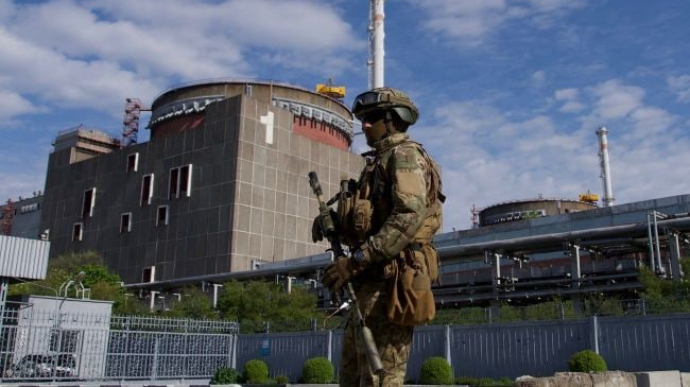Pentagon Has Investigated Dozens of Extremism Cases Within Its Ranks
A new Department of Defense reports says dozens of soldiers were suspected of advocating or supporting the overthrow of the U.S. government.

The Pentagon has investigated 183 instances of extremism in military ranks, according to a new report, including 78 cases of troops “advocating for, engaging in, or supporting the overthrow of the U.S. Government or seeking to alter the form of the Government by unconstitutional or other unlawful means.”
The U.S. military has a well-documented extremism problem. People with extreme political ideologies, including white supremacists, have long used the military as a place to recruit and train new talent. A lot of neo-Nazis have turned out to be former Marines. In 2021, Secretary of Defense Lloyd Austin ordered a 60-day pause across all branches so they could take time to address the problem.
Now, we have a better understanding of how bad the problem is thanks to a new report from the DoD Inspector General, called the “Annual Report to Congress Pursuant to FY 2021 NDAA, Section 544.” It’s an opaque name for a serious topic. Section 554 of the Pentagon’s 2021 budget required it to keep Congress informed on how well it’s handling some of the Pentagon’s problem areas: sexual assault, diversity and inclusion, and responses to “supremacist, extremist, and criminal gang activity of a member of the Armed Forces.”
Want the best of VICE News straight to your inbox? Sign up here.
The report noted 183 different instances of the Pentagon investigating people over extremism across all branches. This included 14 Army investigations into “advocating or engaging in unlawful force or violence to achieve goals that are political, religious, discriminatory, or ideological in nature” and 43 Army investigations into “advocating, engaging in, or supporting terrorism within the United States or abroad.”
The problem of extremism in the military is pernicious and, to the troops, obvious. A 2020 Military Times poll survey of 1,630 active duty subscribers found that a third of them had witnessed signs of white nationalism or racism among their fellow troops. The list of pending criminal cases involving extremists with military backgrounds is long.
The IG report helps put concrete numbers to what’s going on in the ranks, but there are problems preventing officials from getting a handle on the entire scope of the problem. “The Department of the Army stated that several independent databases collect information on Army prohibited activities once an investigation is launched, making it impossible to track the number of total Army annual allegations of prohibited activities when a formal investigation was not started,” the report said.
The Air Force said it had too many offices keeping track of “prohibited behavior” and that coordinating all the offices made it hard to file a single report. The Department of the Navy, which also oversees the Marines, told investigators that the data collection process was “time consuming and created confusion because policy issues and policy writing are occurring at the same time. Finally, the Navy stated that, despite efforts to de-identify and mitigate risk, the reporting process could compromise individuals’ private interest, which may lead to negative personal or professional consequences.”
Recruitment across most branches of the American military is down. The reasons why are complex, but a historically laissez-faire attitude towards the endemic issues of sexual assault and extremist members are a factor. Especially at a time when the military is branching out and attempting to recruit more women.



